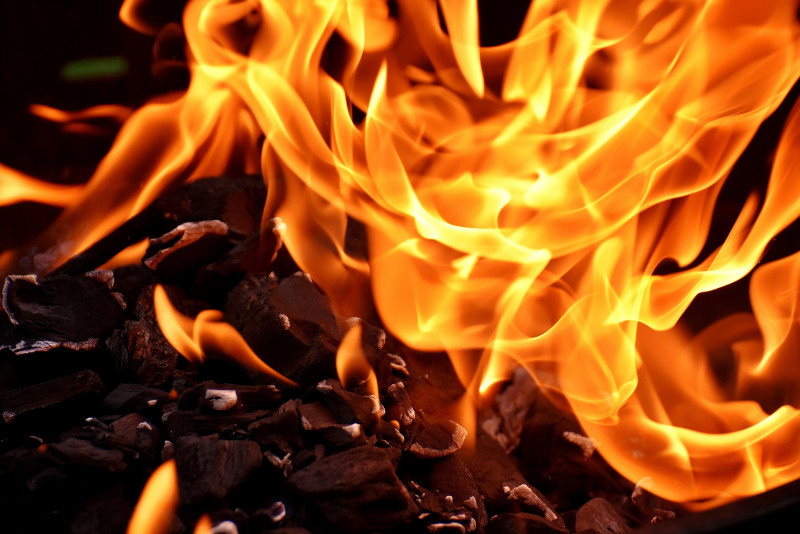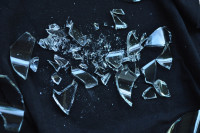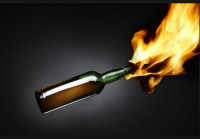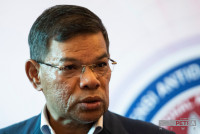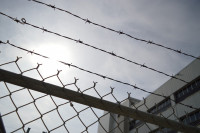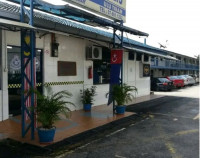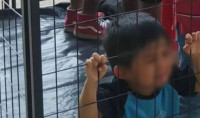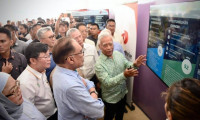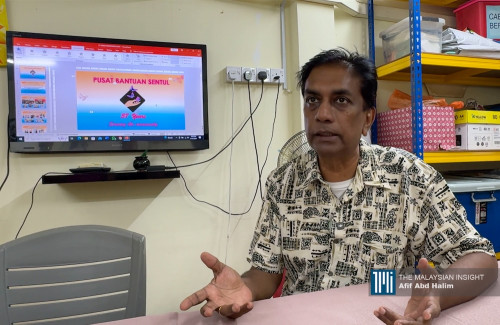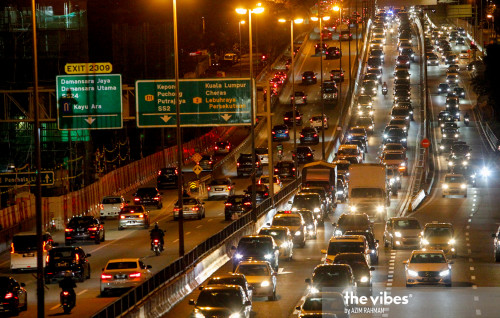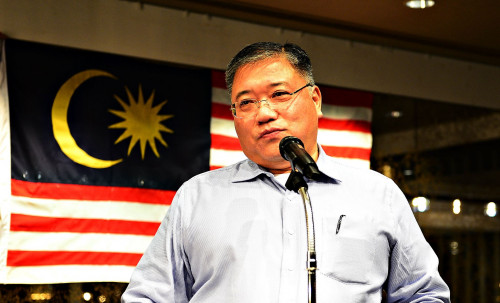STRUCTURED terror organisations that had previously operated in Malaysia, such as the Islamic State (IS) or Jemaah Islamiyah (JI), are no longer functioning as many of their leaders are either dead or serving long prison sentences, security experts said.
Captured members of these groups underwent immense de-radicalisation programmes before they were allowed to lead normal lives, including having their own families.
The experts, however, did not dismiss the possibility that after they came back home, these former extremists passed down their radical thinking to their children behind closed doors, absent supervision from relevant authorities.
This, they said, bred a new form of extremists, a leaderless organisation, allowing them to choose their own paths and decide when to strike. These are the new radicals branded as lone wolves.
“The radical mindset is embedded in their minds. The organisation is gone now but the extreme ideology has been passed down from one generation to another,” said security expert Prof Mohd Mizan Aslam.
The National Defense University Malaysia academic, who has done research on militant groups in Malaysia, said lone wolves or new radicals were indoctrinated through the internet.
“Online platforms containing extremism have bred many young blood to carry out their so-called ‘duty’ in the name of religion.
“Once you are radicalised, it is hard for you to turn back. It is in your head.
“It is the same for ex-militants who were part of a larger organisation. They are old now, but deep inside, they still believe in the concept of ‘holy war’, or jihad,” Mizan said.
Islamic International University Malaysia (IIUM) academic Ahmed ElMuhammady echoed Mizan’s view, adding that each terror organisation and its smaller cells have been demolished in a series of police crackdowns.
“For instance, from 2013 to 2017, many IS cell members have been captured and crushed by police. Many were jailed and their assets seized.
“It is very difficult to revive any group without financial or organisational structure.
“However, the narrative remains, the ideology does not fade away. Their dream to establish an Islamic state through arms struggle is very much close to them.
“We can find traces of the ideology online, on Facebook or in whatever writing form which is uploaded online. They keep whatever is right to them despite having gone through de-radicalisation programmes,” he said.
The academic added that for a young radical to carry out a strike, one has to have an “environment” of support.
“They need an ecosystem to spread their ideology. In this modern era, social media platforms such as Telegram are used to share input and understanding.
“They are leaderless and without structure. Whenever there is an opportunity, they will carry out an attack alone,” he said.
Jemaah Islamiyah (JI)
The May 17 attack at a police station in Ulu Tiram, Johor sent shock waves across the nation as it was the first incident in more than 70 years where a police station was attacked by an extremist armed with a machete and a gun.
The last time a police station was attacked was in Bukit Kepong, also in Johor, during the insurgency.
In the latest attack, a self-radicalised 34-year-old killed two police officers and wounded another before he was shot dead.
He was believed to have been educated by his 62-year-old father, who was a former member of JI.
JI was established in 1993 by Abu Bakar Bashir and Abdullah Sungkar. The two had previously sought refuge in Ulu Tiram from the Indonesian authorities.
The group gained notoriety after killing more than 200 tourists, mostly Australian, in the 2002 Bali bombing.
Among its notable members was Johor-born Yazid Sufaat – a biochemist who received his degree from California State University and who had reportedly helped develop anthrax (nerve agent) for al-Qaeda.
Yazid was captured several times and held under the Internal Security Act (ISA) Security Offenses (Special Measures) (Sosma) and Prevention of Terrorism Act (Pota).
The other two top JI members were Kamaruddin Mohammad Top and Azahari Husin.
Kamaruddin was killed in a shootout with Indonesian police in 2009 after nine years on the run. The ex-accountant was a top recruiter and was responsible for many attacks in Indonesia.
Azahari, or going by his moniker “Demolition Man”, was a trained engineer but also trained in bomb-making in Afghanistan.
The UK graduate authored the JI bomb manual that was used in the Philippine consulate bombing in Jakarta, the Jakarta Stock Exchange bombing, the Christmas Eve bombing, the 2002 Bali bombings, and the 2003 Marriott Hotel bombing.
Azahari was killed by Indonesian special counterterrorism squad Detachment 88 in 2007.
University Science Malaysia academic Ahmad Fauzi Abdul Hamid said although JI has been wiped out, the authorities must constantly monitor the ex-members and their families.
“Anything can trigger them. The genocide in Gaza, or the injustice against any Muslim country, whatever is close to their ideology.
“If they feel the need to act, they will,” said the academic, who has done extensive research on terrorism.
Daesh (Islamic State)
The Islamic State is another terror group, known for its atrocities in Syria, Iraq and in some Western countries. The group was established during the Syrian Civil War between President Bashar Al Assad’s forces and the Free Syrian Army.
Their objective was to get rid of Bashar’s government and form an Islamic state. The group attracted thousands of foreign fighters from all over the world, Malaysians included.
The number of dead Malaysian fighters in Syria is unclear but two notable ones were Muhamad Wanndy Mohamed Jedi and Zainuri Kamaruddin, known as Abu Talha.
The group had also wrecked havoc in Malaysia by throwing a Molotov cocktail into a pub in Puchong, Selangor. It was also responsible for a bomb-making exercise at Gunung Nuang, Hulu Langat.
Hundreds of its members have been detained by police since 2012, with many still behind bars despite IS being no longer in existence following the death of its leader Abu Bakr al-Baghdadi.
While hundreds are in jail, more than 50 former fighters from Malaysia, including family members, are still stuck in Iraqi refugee camps.
Kumpulan Militan Malaysia (KMM)
KMM was the most influential militant group that operated in Malaysia. Not only did the group hold firm towards its Islamist agenda, it was also involved in several bank robberies.
Founded by Zainon Ismail, the group had roots in Halaqah Pakindo, a clandestine movement formed as an alumni association for Malaysian graduates from religious institutions in Pakistan, India and Indonesia.
“The evidence gathered from police interrogation and investigations subsequently exposed the fact that the group’s members were Malaysians who were educated in the Middle East and India as well as Pakistan.”
“They carried out jihad in Afghanistan during the Russia-Afghanistan war and in the cities of Ambon and Maluku in Indonesia during the religious tensions that began in 1999,” said National Defense University Malaysia Prof Mohd Mizan Aslam, who wrote a thesis on terrorism for his doctorate studies.
Mizan wrote an extensive thesis on radical groups in Malaysia, including KMM and its connection in the region.
“They were believed to have been indoctrinated and recruited into the Afghanistan-based Mujahidin while studying in universities in Pakistan, Egypt and India,” he added. – May 25, 2024.



